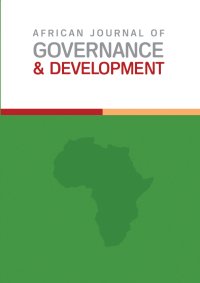An Afrocentric Reflection on the Role of Civil Society in Developing Economies: Insights from South Africa During the COVID-19 Pandemic
Main Article Content
Abstract
The coronavirus COVID-19 pandemic initially witnessed in China (Wuhan) brought unprecedented devastation in China and other countries. No country was immune to the virus, and heads of state and policymakers had to draw up and implement robust domestic
policies to contain the spread of the virus. From an Afrocentric perspective, the virus had dire consequences for African states, considering that most are minor and driven by weak economies. Narrowing this down to South Africa, the virus brought significant
repercussions. In South Africa's 29 years of democracy, the state still faces major social ills such as unemployment, poverty, and inequality. The virus’s arrival worsened matters for the South African government, which needed new measures for the majority black
marginalised population. As the government could not do it alone, the role of third parties, such as civil society, became fundamental as civil society is of the utmost importance globally, particularly for Africa and Developing Economies. Driven by a qualitative research
approach, the purpose of this article was to ponder the role of civil society in developing economies with specific reference to South Africa during the COVID-19 pandemic. The findings show that the government’s role as a single actor in dealing with the pandemic
was deficient, as the pandemic crippled the health system. Civil society was pivotal in South Africa during the pandemic and assisted the government with various socio-economic activities, particularly for the marginalised population.
Article Details

This work is licensed under a Creative Commons Attribution-NonCommercial-NoDerivatives 4.0 International License.
